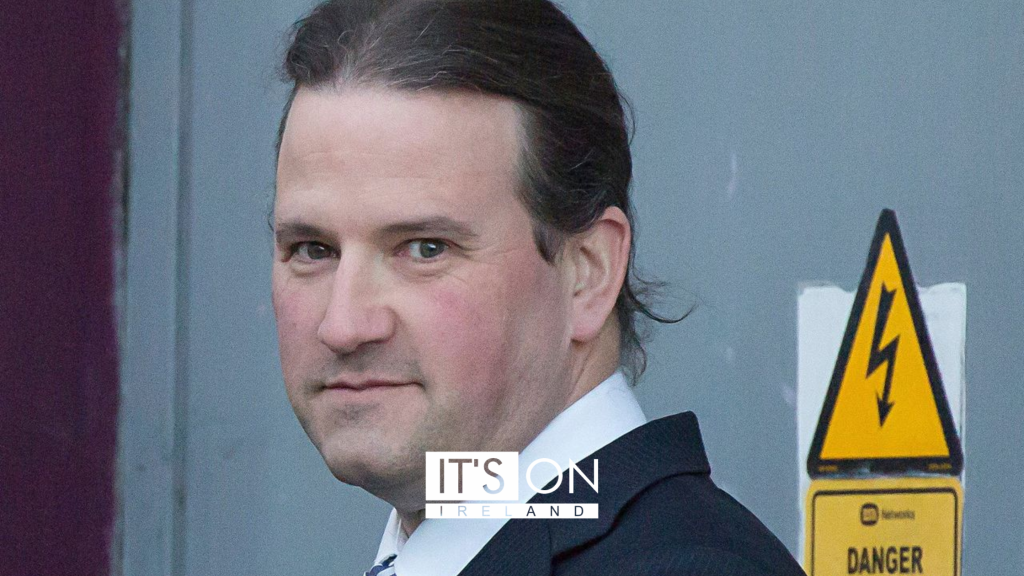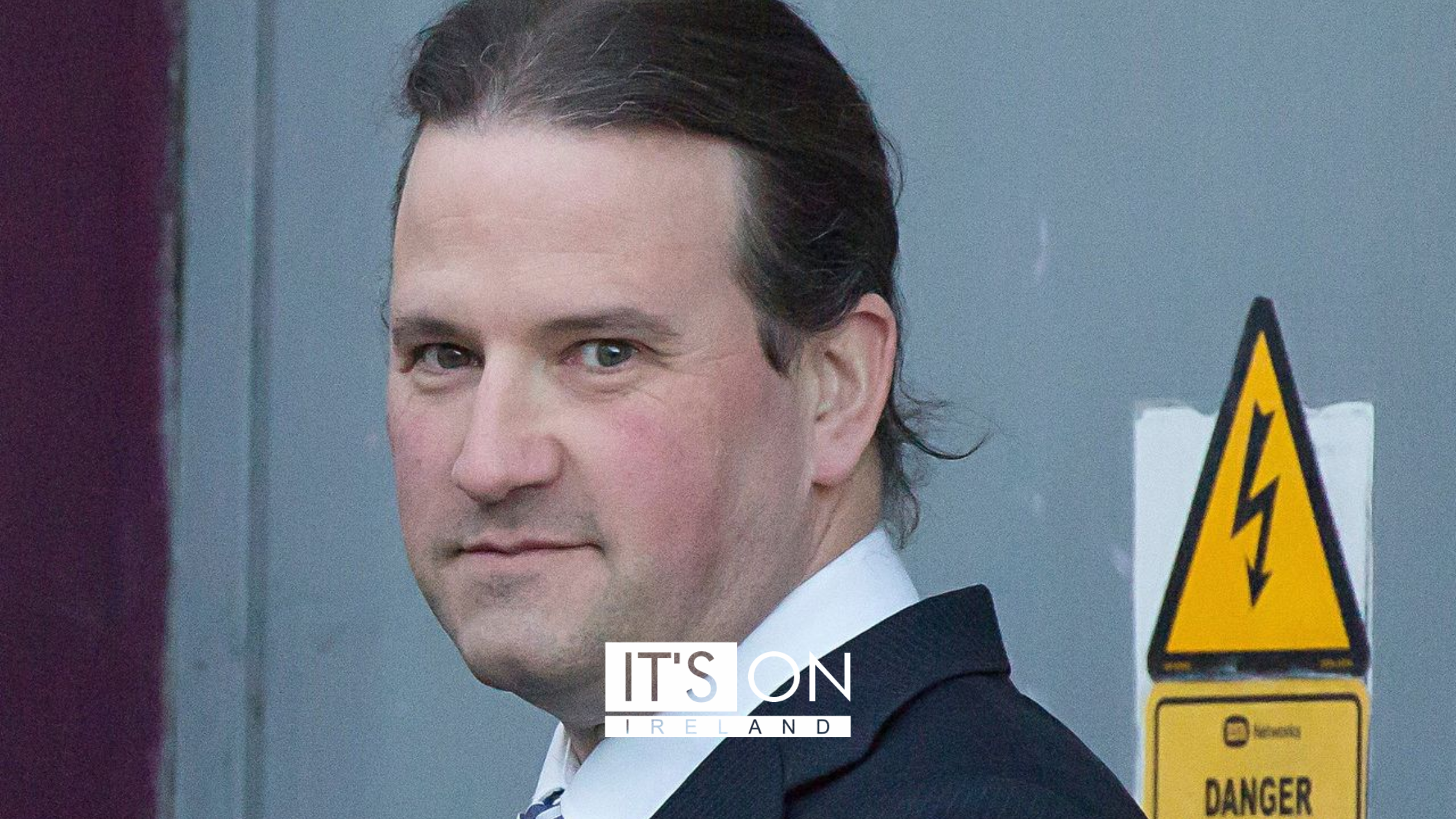Push to Remove Convicted Killer Graham Dwyer From Prison: Legal Battle Sparks Outrage
Efforts are underway to challenge the incarceration of Graham Dwyer, the convicted murderer at the center of one of Ireland’s most notorious cases. Dwyer, serving a life sentence for the brutal murder of Elaine O’Hara, is seeking to overturn his conviction by challenging how evidence, particularly phone data, was used against him. His legal team argues that data retention laws violated his privacy rights. The move has provoked widespread criticism, with many emphasizing the importance of justice for O’Hara and the potential precedent such a ruling could set.

Controversial Legal Grounds
Dwyer’s appeal centers on a 2018 European Court of Justice ruling that restricts how authorities can store and use phone data. His legal team contends that evidence crucial to his conviction, such as location tracking from mobile data, was gathered unlawfully. This legal maneuver has sparked intense debate among legal experts and the general public. Critics fear that a successful appeal could undermine Ireland’s legal system by creating avenues for other serious criminals to challenge their convictions on similar grounds.
Public Outcry and Victim Advocacy
The bid to overturn Dwyer’s conviction has not been received well by the public, with many seeing it as a disregard for the suffering of Elaine O’Hara’s family. Advocates argue that focusing on the technicalities of data privacy overlooks the gravity of Dwyer’s crime. “This is about justice for a victim whose life was taken brutally,” said a spokesperson for a victims’ rights organization. The potential release of a convicted murderer like Dwyer has raised concerns about public safety and the implications for other high-profile cases.
Broader Implications for Data Privacy Laws
The legal battle has highlighted the tension between data privacy rights and the tools law enforcement uses to solve serious crimes. While some support the emphasis on upholding European privacy standards, others argue that evidence-gathering methods must be balanced with the need for justice. A ruling in Dwyer’s favor could compel Irish lawmakers to reassess how they align national security practices with European directives.
What’s Next?
As the legal process unfolds, Ireland watches closely, awaiting a decision that could have far-reaching consequences. Dwyer’s appeal not only challenges his imprisonment but also tests the limits of data privacy laws and their application in serious criminal cases. The outcome will likely have a significant impact on Ireland’s legal landscape and on the victims who rely on its protections.
For more stories and insights, visit It’s On
Instagram:@itson.ie
TikTok videos and information:@itson.ie
Share this content:





